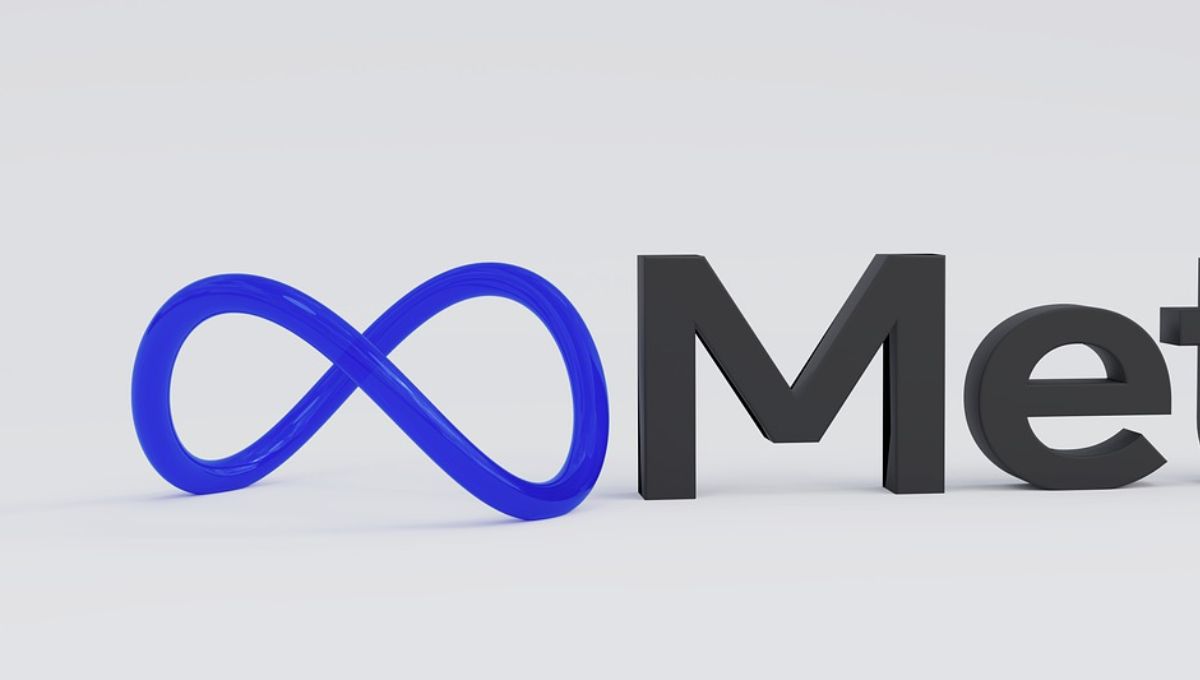The Artificial Intelligence Research SuperCluster supercomputer is now running, according to Facebook, and it is expected to be completely functional by the course of the year.
Meta’s Metaverse Artificial Intelligence Supercomputer
Meta, the main firm for Facebook, claims that its newest artificial intelligence Research SuperCluster (RSC) would open the path for Metaverse’s development. Based on a report made on 24th January announcing the hardware, Facebook estimates RSC is now among the planet’s quickest supercomputers and would take the top rank when it’s completely functional in mid-2022.
According to the business, evolving the next generation of smart AI would necessitate powerful new processors capable of quintillions of activities every second. Finally, the collaboration with RSC would make way to develop capabilities for the upcoming fundamental computing system, the Metaverse, in which AI-driven apps and goods would play a key role.
In a Facebook post on 25th January, Mark Zuckerberg noted: The scenarios we are creating for the Metaverse necessitate massive computational power (quintillions of activities each second!), and RSC would allow novel artificial intelligence models to study from several instances, comprehend several languages, and more. The machine can produce sophisticated artificial intelligence for computer vision, computational linguistics, and speech recognition by working across numerous languages.
We expect that RSC would assist us in developing whole novel artificial intelligence systems that could, for instance, power real-time speech interpretations for huge teams of individuals who communicate in distinct languages, allowing them to work collaboratively on a research study or participate in an AR game together. Meta did not reveal the location of the supercomputer or the expenses of its research and manufacture.
Meta’s Supercomputer Details
Camilla Russo, a decentralized financial consultant, linked Meta’s latest machinery to the ETH platform, that’s already regarded as a worldwide “supercomputer” by a few in the sector. Raja Koduri, Vice President of Intel’s advanced computing systems and graphics department, stated in December 2021 that present processing facilities would have to expand 1,000-fold to run the Metaverse. For real-time applications, you require direct connections to petaflops (1,000 teraflops) of computation in under a millisecond, below 10 milliseconds, Koduri said then.
The Metaverse, which is often referred to as the upcoming web version, is a virtual arena where individuals may learn, relax, and interact – generally through VR and AR technologies. Facebook changed its name to Meta in October last year to highlight its expanded interest across social networking.
